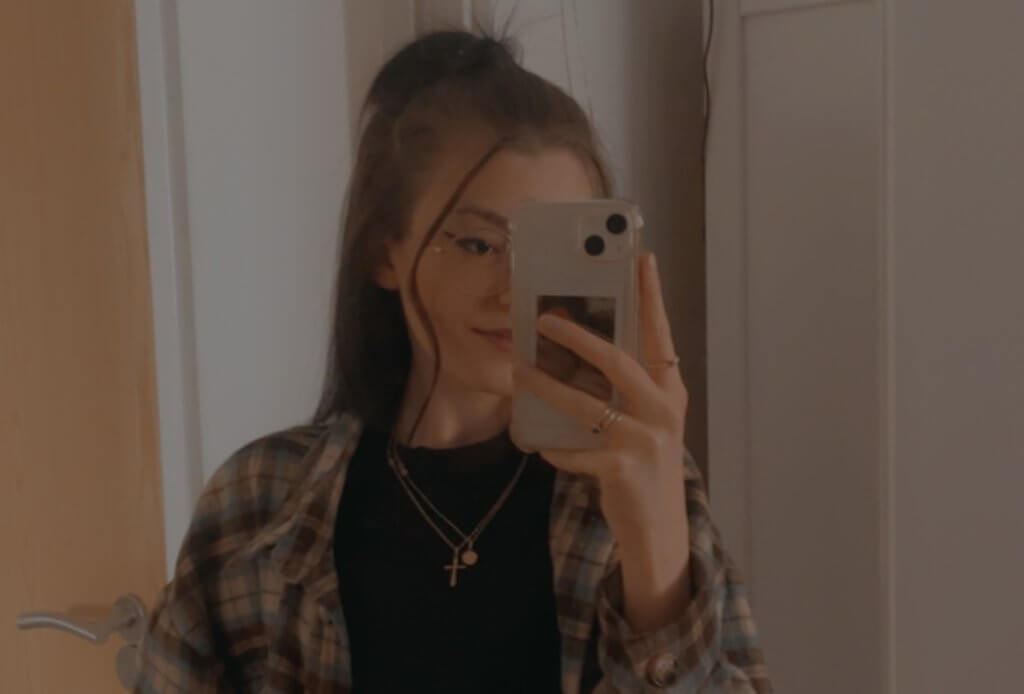Telling people about my PH
Raya Mynot has had PH since she was a baby, and she has had to explain her condition to many different people over the years. In her latest column for the PHA UK, she reflects on the multiple conversations and how they have changed throughout her life.

Having PH has, of course, had a pretty big effect on everyday life. Things become more challenging, they can take more time, and sometimes just can’t be done at all. This is why it’s really important for me to make people who come into my life aware of my PH.
As a child I definitely didn’t have to do this as much as I do now in adult life; mostly because as a child I was still learning my boundaries and limits, and just tried to always join in with everything.
Other children also didn’t take a lot of notice if there was something I couldn’t do, or had to sit out of, as long as they were having fun and their minds were occupied.
I think as a child I was also more oblivious to it all; I didn’t understand the seriousness, and being out of breath sometimes was just normal for me. It was only as I got older that there was a lot more I couldn’t do, or had to take time doing.
In high school I had a team of teaching assistants who knew all about my condition and would help me during the times I was at school. I was also lucky to be able to spend time in a quiet area for SEN (special educational needs) pupils, which was really nice as it meant I didn’t have to worry about keeping up with friends in the playground.
Going into years ten and 11 I did spend more time outside with friends. They already knew I had to take things slows and got out of breath easily, but I never really told them a lot because all the time I was in school, the teachers knew to look out for me and knew if I wasn’t feeling great.
When it came to me attending college, I did have to make my friendship group more aware, as we were going out more often and I used to like meeting up with them outside of college.
I think as we were all older and becoming young adults, they took the news very well. Most of them all got my mum’s number so if anything was to happen, one of them would be able to call straight away.
I was really lucky to have a group of friends who accepted my PH but also didn’t treat me any different from the others. I think they also loved the perk of always being dropped home by my mum after we’d been out because public transport was often too much for me to do!
New conversations came again when I started working. This was in a nursery that was actually based at my college, which was really handy as it had a car park so I didn’t have to walk far.
Before working there, I had an interview with the mangers and told them all about my PH and other health problems. They were so accommodating and made me feel really welcome.
If I spend a lot of time in one place, I have to keep a spare oxygen cylinder there just in case. So, my mum had to go in and show them all how it worked in case there was ever I time I needed it. This was then kept in their office.
I also wear a Medical Alert bracelet on my right wrist. Every member of staff I worked with was made aware of that, and in case of emergency they could let people like the ambulance service know it was there. <Iain asked for this paragraph to be highlighted>
It has all my health conditions on and also a number for my parents if anything was to happen. It also helped a great deal when they filled out any forms for me, as they could get all the spellings right!
I really enjoyed it at the nursery and felt very at ease there. I wasn’t treated any differently to other members of staff either which was really nice. Sometimes if it got too cold out in the playground, I was able to switch with someone who was in the baby room so I could stay inside.
Having to tell people about my PH can be really nerve-wracking, but it’s almost a relief once I’ve done it. It also makes me worry less about being away from my mum if the people around me know!














